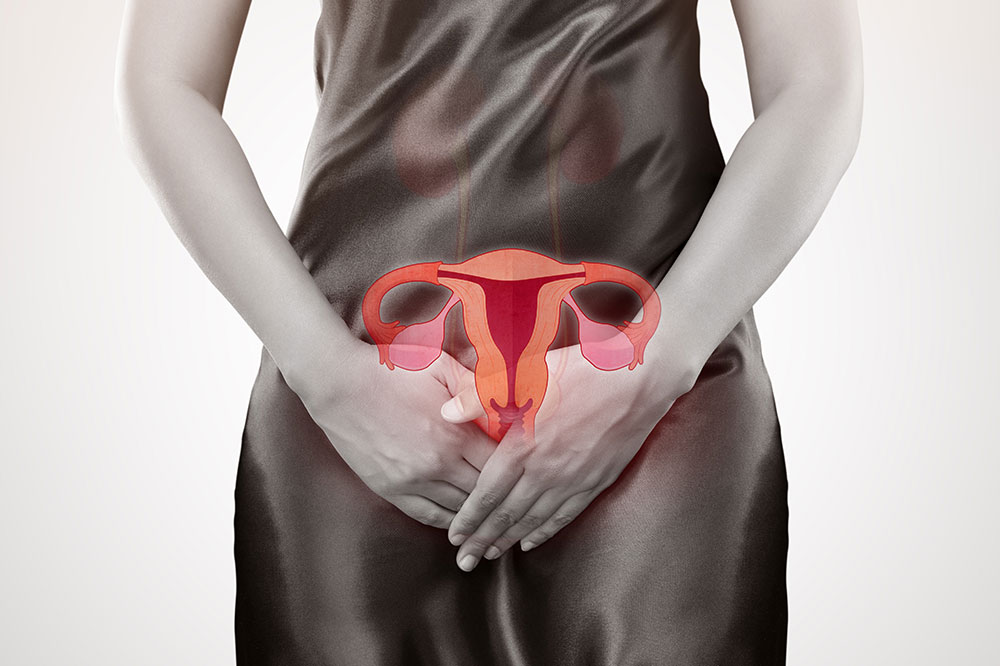
7 Signs of Cervical Cancer
Cervix is the part of the lower part of the uterus that connects with the vaginal tract. In the initial stage, cervical cancer may not show any signs or symptoms, so it’s necessary to get regular screenings done to diagnose the illness and treat it on time. However, if any symptoms of cervical cancer were to surface, these are the signs one needs to watch out for.
1. Smelly vaginal discharge
While this symptom is not enough reason for one to have cervical cancer, it is one of the tell-tale signs. The vaginal discharge can change through the course of the menstrual cycle and can be triggered due to other underlying reasons as well. Urinary tract infection and vaginal yeast infection are two main causes of strange-smelling vaginal discharge. One must also notice the color and consistency of the discharge if it persists.
2. Pain during intercourse
If there’s any persistent pain associated with intercourse, one needs to address the problem. Slight pain during intercourse soon after the menstrual cycle is normal. However, pain that doesn’t go away for days needs medical attention.
3. Leg pain/swelling
While this symptom is also associated with many underlying medical conditions, leg pain and swelling are common when the tumor starts pressing against the pelvic wall. If these signs come and go involuntarily, it’s best to get it checked by a doctor.
4. Lower back or pelvic pain
Women with cervical cancer complain about persistent pelvic and lower back pain. Although, this symptom of cervical cancer is in the advanced stage. So, any unusual pain around the pelvic region must get checked out.
5. Unexplained weight loss and fatigue
Sudden weight loss without any changes in the diet or physical routine can be an alarming sign. In the case of cervical cancer, unexpected weight loss with extreme fatigue is a tell-tale sign of the disease. It’s usually linked with bigger illnesses and should not be avoided.
6. Frequent and painful urination
If there’s any change in the bathroom visits or pain associated while urination, one must not take the sign for granted. The frequency of urination and pain can be associated with cervical cancer or even bladder cancer. However, do acknowledge and make a note of your fluid intake as well.
7. Unusual vaginal bleeding
If spotting occurs between your cycle or after menopause, it is an alarming sign. In the case of cervical cancer, women may also experience vaginal bleeding after intercourse. None of these symptoms are common, and they have some link with a long-term illness.
Any illness diagnosed at an early stage is easier to treat with 100% efficacy. Since the symptoms of cervical cancer are mild in the beginning, getting a PAP test or PAP smear can help diagnose the tumor early on. Additionally, if there’s a family history of cervical cancer, one can get an HPV vaccine to prevent the illness. However, discuss the side effects, efficacy, and ideal age with an expert before taking the call.



